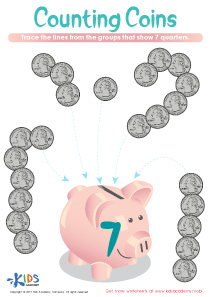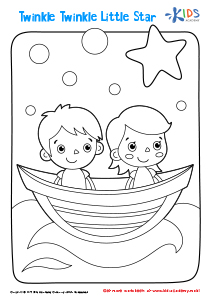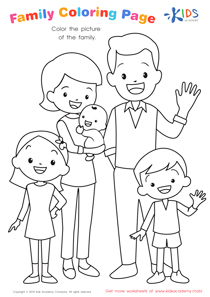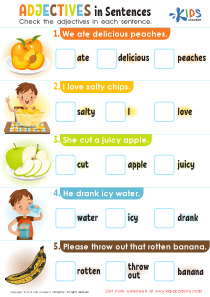Counting to 10 Quizzes for Ages 4-5
10 results
10 filtered results
Clear all filters10 filtered results
-
From - To
Dive into the world of numbers with our captivating Interactive Assessment Quizzes, specially designed for children aged 4-5! "Counting to 10 for Ages 4-5" offers an engaging and interactive way for young learners to master their numbers. Through a series of carefully crafted quizzes, children will embark on a numerical adventure, checking their knowledge and receiving immediate feedback to enhance their learning journey. Whether it's recognizing numbers, counting objects, or understanding the order of numbers, our quizzes provide a fun, supportive environment for early learners to build a strong foundation in counting to 10. Start your child's numeracy adventure today!
Interactive quizzes focused on counting to 10 for ages 4-5 offer a wealth of benefits to young learners embarking on their educational journey. The foundational years of learning are critical, as they set the stage for all future academic endeavors. During this phase, developing a strong grasp of basic concepts such as counting is essential. Interactive quizzes dedicated to counting to 10 serve as an engaging and effective tool to achieve this goal, providing a unique blend of entertainment and education that caters specifically to children aged 4 to 5.
Firstly, these quizzes introduce children to the concept of numbers and counting in a fun and engaging manner. At the tender age of 4 to 5, children are naturally curious and eager to explore the world around them. By incorporating elements of play into learning, interactive quizzes make the process of learning to count enjoyable and interesting. This positive association with learning helps to cultivate a love for education from an early age, setting children up for long-term academic success.
Moreover, interactive quizzes are designed with young learners in mind, employing bright colors, captivating animations, and cheerful audio to hold their attention. This multisensory approach caters to various learning styles, ensuring that whether a child is a visual, auditory, or kinesthetic learner, they can benefit from these quizzes. The interactive nature of the quizzes also allows children to learn at their own pace, repeating questions as needed to reinforce understanding and confidence in counting to 10.
The structure of these quizzes is another significant advantage. They typically progress from simple to more challenging questions, providing a gradual learning curve that aligns with the developmental stage of 4 to 5-year-olds. This ensures that children build a solid foundation in counting before advancing to more complex mathematical concepts. The immediate feedback provided in these quizzes is invaluable, as it enables children to learn from their mistakes in real-time, promoting a growth mindset where challenges are viewed as opportunities for learning.
Furthermore, interactive quizzes on counting to 10 for ages 4-5 are easily accessible and can be incorporated into various settings, including home and classroom environments. This versatility ensures that learning can take place anywhere, reinforcing counting skills through consistent practice. Parents and educators can also participate in the learning process, using the quizzes as a tool to assess a child's understanding and identify areas that may require additional focus.
In conclusion, interactive quizzes on counting to 10 for ages 4-5 are an essential resource in the educational toolkit for young learners. By making learning enjoyable and accessible, these quizzes not only help children develop a strong foundation in counting but also foster a positive attitude towards learning. The benefits of interactive quizzes extend beyond academic achievement; they also enhance cognitive development, boost confidence, and prepare children for a lifetime of learning. As such, they are an invaluable aid in supporting the educational development of children aged 4 to 5, paving the way for their future academic success.













